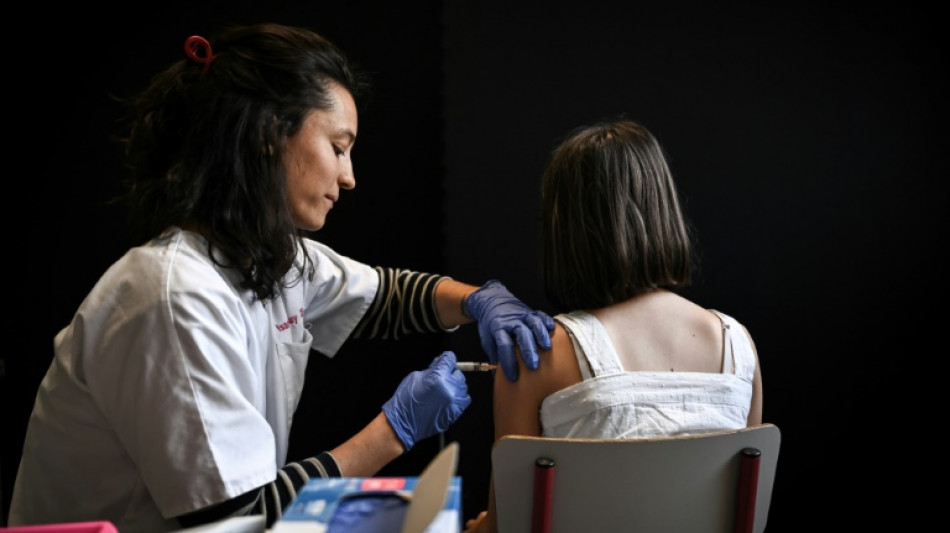
-
 Sierra Leone chases rare repeat in Breeders' Cup Classic
Sierra Leone chases rare repeat in Breeders' Cup Classic
-
King Charles strips Andrew of royal titles, Windsor home

-
 Sales of 'services' help Apple beat earnings forecasts
Sales of 'services' help Apple beat earnings forecasts
-
Beyond words: '67' crowned 'Word of the Year'
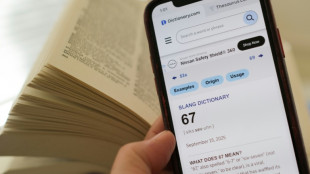
-
 Amazon shares surge as AI boom drives cloud growth
Amazon shares surge as AI boom drives cloud growth
-
Brazil boasts drop in deforestation ahead of UN climate talks
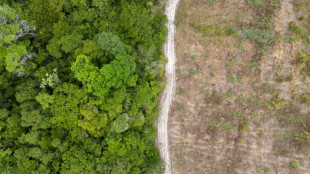
-
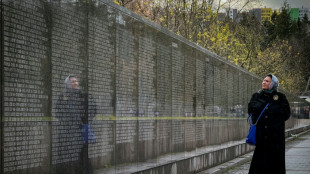 Russians marking Stalin's repression warn against return to past
Russians marking Stalin's repression warn against return to past
-
Stocks mostly fall as investors digest Trump-Xi talks, earnings
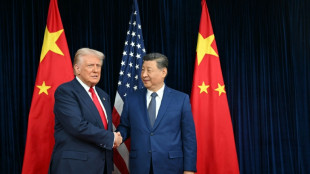
-
 Turkey says Pakistan-Afghanistan talks to resume
Turkey says Pakistan-Afghanistan talks to resume
-
Record-breaking India upset Australia to reach World Cup final
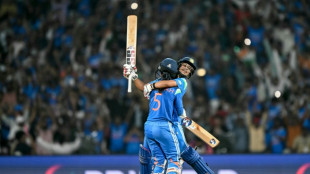
-
 US to limit refugees to record low 7,500, mostly white South Africans
US to limit refugees to record low 7,500, mostly white South Africans
-
King Charles to strip Andrew of royal titles, residence: palace

-
 Sinner marches into Paris Masters quarters, Bublik downs Fritz
Sinner marches into Paris Masters quarters, Bublik downs Fritz
-
Devastated Caribbean assesses damage as hurricane eyes Bermuda
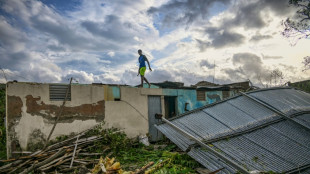
-
 Trump stirs tensions with surprise nuclear test order
Trump stirs tensions with surprise nuclear test order
-
100 US local leaders will attend COP30 in 'show of force'
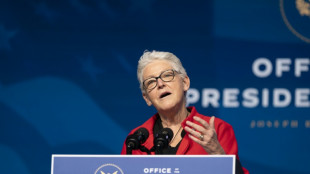
-
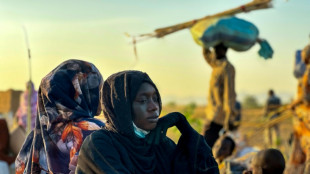 UN warns of 'atrocities,' 'horror' in Sudan as RSF advances
UN warns of 'atrocities,' 'horror' in Sudan as RSF advances
-
Rodrigues hits ton as India stun Australia to reach Women's World Cup final
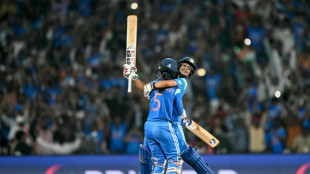
-
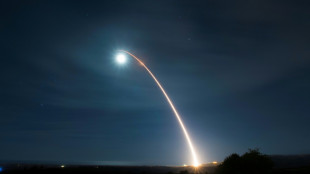 Trump's order on nuclear testing: what we know
Trump's order on nuclear testing: what we know
-
Spalletti returns to football with Juventus after Italy flop

-
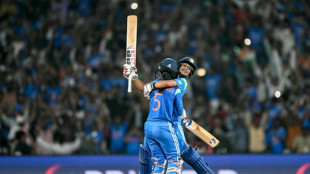 Rodrigues hits ton as India chase 339 to stun Australia in World Cup semis
Rodrigues hits ton as India chase 339 to stun Australia in World Cup semis
-
Saudi chases AI ambitions with homegrown firm pitched to global investors
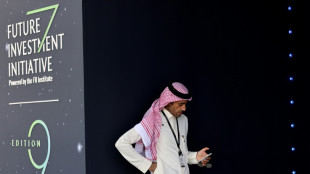
-
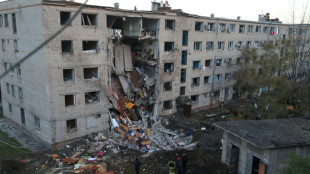 Russia batters Ukraine energy sites with deadly aerial strikes
Russia batters Ukraine energy sites with deadly aerial strikes
-
Stocks diverge as investors digest Trump-Xi talks, earnings
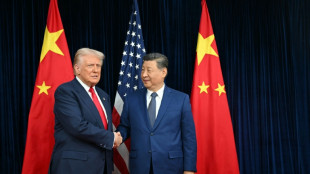
-
 'Better to go to prison': Israeli ultra-Orthodox rally against army service
'Better to go to prison': Israeli ultra-Orthodox rally against army service
-
Bublik downs fourth seed Fritz to reach Paris Masters quarters

-
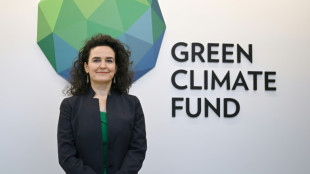 UN climate fund posts record year as chief defends loans
UN climate fund posts record year as chief defends loans
-
Man Utd must ignore outside noise to go in 'right direction', says Wilcox

-
 G7 to launch 'alliance' countering China's critical mineral dominance
G7 to launch 'alliance' countering China's critical mineral dominance
-
Wallaby boss Schmidt wary of Ford's 'triple threat'
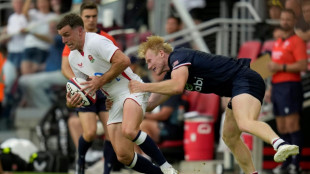
-
 Swedish hate-crime trial shines light on far-right 'fitness clubs'
Swedish hate-crime trial shines light on far-right 'fitness clubs'
-
Trump call for nuclear tests sows confusion
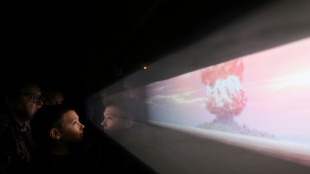
-
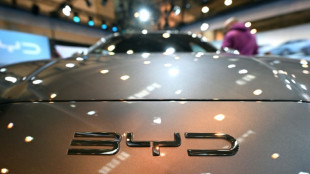 Chinese EV giant BYD says Q3 profit down 33%
Chinese EV giant BYD says Q3 profit down 33%
-
ECB holds rates steady with eurozone more resilient
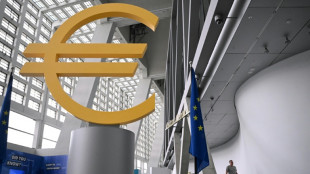
-
 Independent Macau media outlet says it will close by December
Independent Macau media outlet says it will close by December
-
Shares in Jeep-maker Stellantis slump despite rising sales

-
 Shelton beats Rublev to reach Paris Masters last eight
Shelton beats Rublev to reach Paris Masters last eight
-
Trump stirs tensions with surprise order to test nuclear weapons
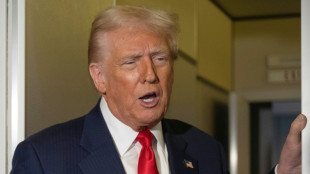
-
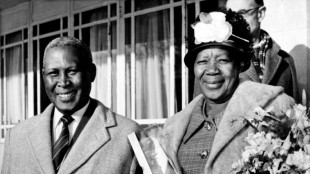 S.Africa court rules ANC leader Luthuli was killed in apartheid 'assault'
S.Africa court rules ANC leader Luthuli was killed in apartheid 'assault'
-
Stocks slide as investors digest Trump-Xi talks, earnings
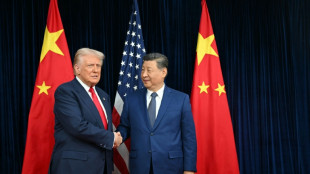
-
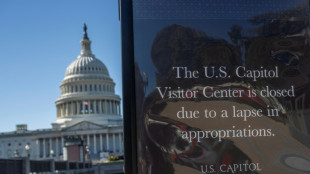 No GDP data released as US shutdown bites
No GDP data released as US shutdown bites
-
PSG's injured Doue to miss Bayern match, out for several weeks
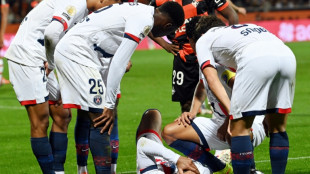
-
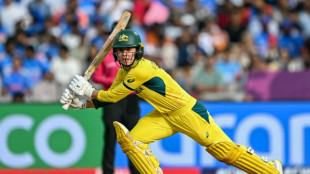 Litchfield ton guides Australia to 338 in World Cup semis
Litchfield ton guides Australia to 338 in World Cup semis
-
S.Africa court rules ANC leader Luthuli killed in apartheid 'assault'
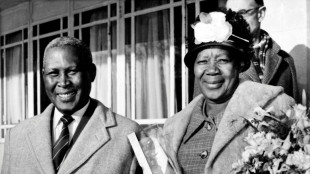
-
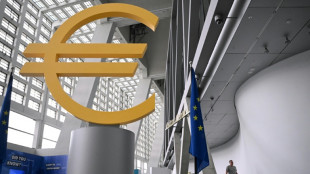 With inflation under control, ECB holds rates steady again
With inflation under control, ECB holds rates steady again
-
Nigerian designer embraces 'clashes' and 'chaos' at Lagos Fashion Week

-
 Nissan says expects $1.8 bn operational loss in 2025-26
Nissan says expects $1.8 bn operational loss in 2025-26
-
Italy court stalls Sicily bridge, triggers PM fury
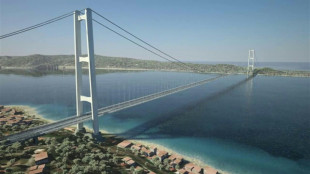
-
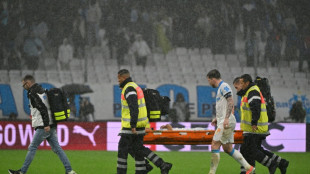 Marseille midfielder Nadir stable after on-pitch collapse
Marseille midfielder Nadir stable after on-pitch collapse
-
Saudis turned down Messi stint ahead of 2026 World Cup, says official


US study highlights success story of HPV vaccination
A new study published Thursday by researchers at the US Centers for Disease Control and Prevention (CDC) highlights the powerful impact of the human papillomavirus (HPV) vaccine, first approved in 2006, in preventing precancerous lesions detected through cervical screening.
HPV is the most common sexually transmitted infection, and certain strains can lead to cervical, vulvar, vaginal, and other cancers later in life. Each year, around 14 million Americans contract HPV, and the virus is responsible for approximately 10,800 cases of cervical cancer annually.
Since 2008, the CDC's Human Papillomavirus Vaccine Impact Monitoring Project has tracked trends in precancerous cervical lesions to evaluate the vaccine's effectiveness.
The findings are striking. Among women aged 20–24 screened for cervical cancer between 2008 and 2022, rates of moderate-to-high-risk precancerous lesions dropped by about 80 percent.
For women aged 25–29, the decline was 37 percent -- a smaller reduction the researchers attributed to many in this age group receiving the vaccine later in life as part of a "catch-up" vaccination effort, which is less effective.
In the US, the HPV vaccine was first approved in 2006 for girls and women, with boys and men added to the recommendations in 2011. Today, the CDC recommends routine HPV vaccination for boys and girls ages 11–12 to prevent infections that can lead to cancer later in life.
HPV includes over 200 different strains, some of which cause genital warts. Two particular strains -- 16 and 18 -- are classified as high-risk for cancer.
While cervical cancer is treatable if caught early, it is still responsible for around 4,400 US deaths per year.
The US Preventive Services Task Force recommends women ages 21 to 65 receive a Pap smear test once every three years and that women over 30 get high-risk HPV test every five years.
"The data are consistent with a considerable impact from the US HPV vaccination program on cervical precancers, with the largest decreases in the youngest age group for which benefit of vaccination would first be observed," wrote the authors in the CDC's Morbidity and Mortality Weekly Report.
They added that as vaccinated women age, further declines in cervical precancers are expected in older groups.
One limitation of the study was that individual vaccination status was not recorded, meaning the study could not directly confirm causality. However, the authors noted that "no other plausible explanations" have been identified for the sharp decline in precancers.
The study's positive findings come as outspoken anti-vaccine advocate Robert F. Kennedy Jr. begins his tenure as US health secretary.
Under his leadership, the Food and Drug Administration abruptly canceled a scheduled meeting with experts on Wednesday to discuss the development of next year's flu vaccines.
O.Schlaepfer--VB




